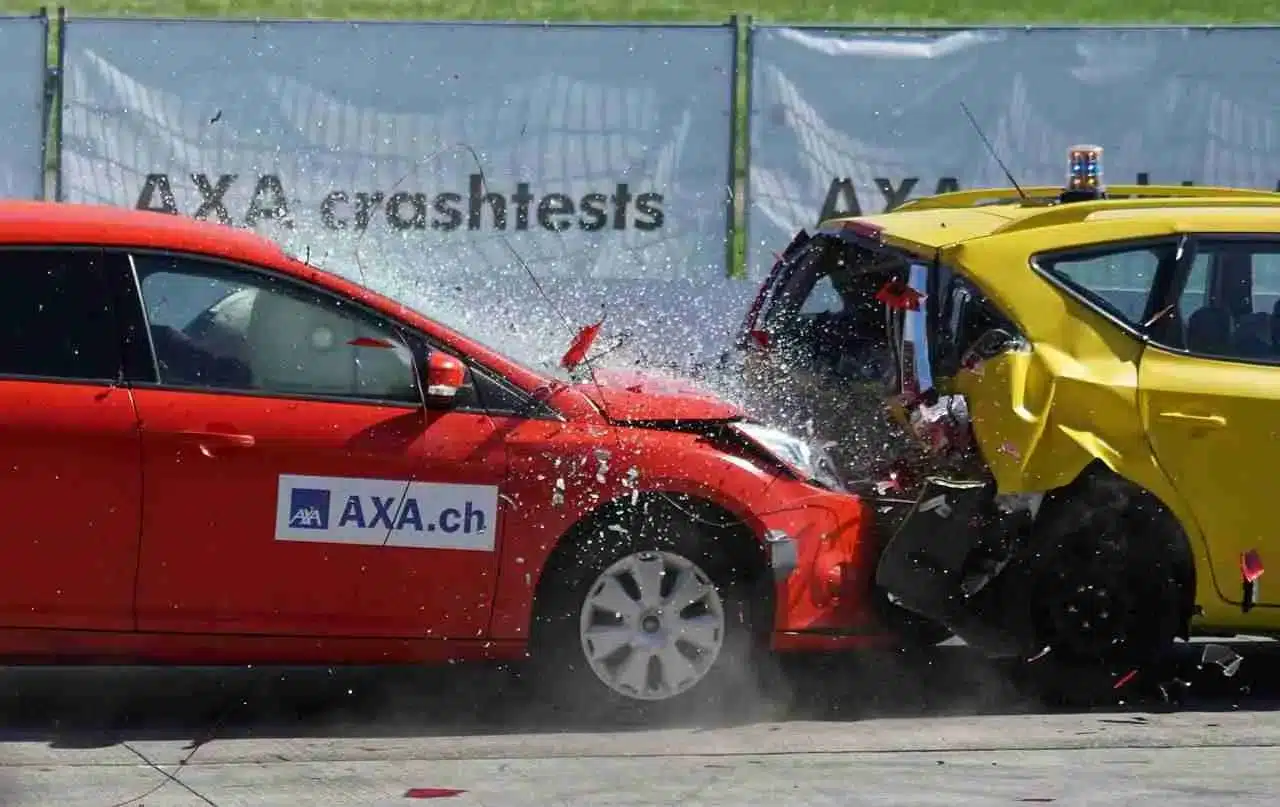Proving Fault in Rear-End Collisions in Florida

Rear-end collisions are among the most common types of car accidents in Florida. Establishing fault in these incidents is crucial for determining liability and securing compensation for damages. Here’s a straightforward guide to understanding how fault is determined in rear-end collisions and the steps you can take to strengthen your case.
Understanding Presumption of Fault
In Florida, the driver of the trailing vehicle in a rear-end collision is often presumed to be at fault. This presumption is based on the idea that drivers should maintain a safe following distance and be able to stop to avoid a collision. However, this presumption can be challenged with adequate evidence.
Key Factors in Determining Fault
To determine fault in a rear-end collision, several factors are considered:
- Traffic Laws: Violations of traffic laws, such as speeding, distracted driving, or following too closely, can indicate fault.
- Road Conditions: Weather, road hazards, and traffic conditions can influence fault determination.
- Vehicle Condition: Mechanical failures, such as brake issues, can also play a role in causing an accident.
Collecting Evidence
Gathering evidence is crucial for proving fault in a rear-end collision. Here are the types of evidence that can support your claim:
- Police Report: A police report provides an official account of the accident, including details about the drivers, vehicles, and circumstances. It may also include the officer’s opinion on who was at fault.
- Photographs and Videos: Visual evidence from the accident scene, such as photos of vehicle damage, skid marks, and road conditions, can help establish what happened.
- Witness Statements: Eyewitnesses can provide valuable accounts of the accident, helping to corroborate your version of events.
- Dashcam Footage: If available, dashcam footage can offer a clear and unbiased view of the collision.
- Expert Testimony: Accident reconstruction experts can analyze the evidence and provide an expert opinion on how the accident occurred and who was at fault.
Challenging the Presumption of Fault
While the trailing driver is typically presumed at fault, there are scenarios where the lead driver may share or bear full responsibility:
- Sudden Stops: If the lead driver makes an abrupt and unnecessary stop, they could be considered partially at fault.
- Brake Lights: Non-functioning brake lights on the lead vehicle can shift some or all of the fault away from the trailing driver.
- Reversing: If the lead vehicle was reversing at the time of the collision, this could indicate their fault.
Florida’s Comparative Negligence Rule
Florida follows a comparative negligence rule, which means that fault can be distributed among all parties involved. If you are found partially at fault for the accident, your compensation will be reduced by your percentage of fault. For instance, if you are 20% at fault and your damages total $10,000, you would receive $8,000.
Steps to Take After a Rear-End Collision
- Check for Injuries: Ensure everyone involved is safe and call for medical assistance if needed.
- Call the Police: Report the accident and request a police officer to the scene to file an official report.
- Exchange Information: Share contact and insurance details with the other driver(s) involved.
- Document the Scene: Take photos, gather witness information, and note any relevant details about the accident.
- Notify Your Insurance Company: Inform your insurer about the collision and provide them with the necessary documentation.
- Consult a Personal Injury Attorney: An experienced attorney can help you navigate the legal process, gather evidence, and advocate for your rights.
Conclusion
Proving fault in a rear-end collision in Florida involves a thorough examination of the evidence and circumstances surrounding the accident. While the trailing driver is often presumed at fault, this presumption can be challenged with the right evidence. By understanding the factors that influence fault determination and taking appropriate steps after an accident, you can strengthen your case and improve your chances of receiving fair compensation. Consulting with a knowledgeable personal injury attorney can provide valuable guidance and support throughout the process.
